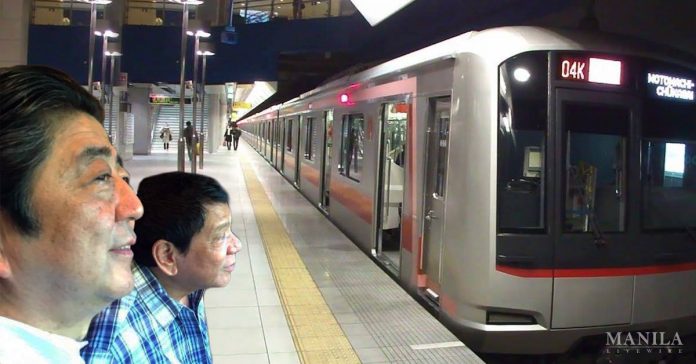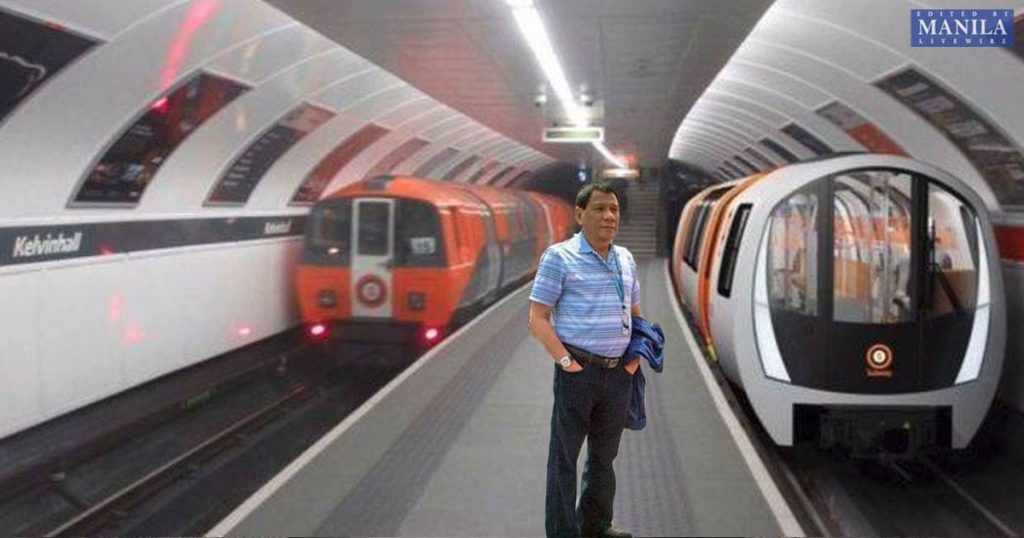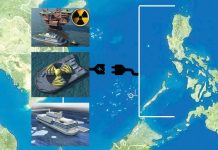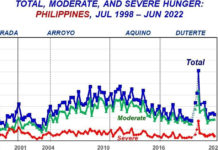
MANILA — Japan expects to build the first underground subway train line system in Metro Manila upon signing a financing agreement between the Philippines and the Japanese government this coming September.
But, according to Department of Transportation Secretary Arthur Tugade, the actual signing will most likely to happen in November 2017 and the construction will start first quarter of 2019.
This is in accordance with President Rodrigo Duterte’s promise to the Filipinos that infrastructure spending will be increased to decongest the traffic problems in Metro roads, he is about to sign a financing agreement with Japan to build the first underground mass transit line in Metro Manila.
Last week, Socioeconomic Planning Secretary Ernesto Pernia disclosed the project with the Philippines-Japan Joint Committee on Infrastructure Development and Economic Cooperation as they met in Tokyo to “work firmly” and both agreed on 14 projects including the central portion of the subway project in Metro Manila.

Pernia said that the subway line system with a distance of 25.3km will run from Quezon City in northern Metro Manila to Taguig City in the east.
He said the project’s estimated cost is 230 billion pesos ($4.6 billion), and this will come in the form of official development assistance from Japan.
The feasibility study ought to be finished in time for the agreement to be signed in November 2017 when Prime Minister Shinzo Abe and President Rodrigo Duterte meet at the 31st ASEAN Summit and related meetings in Pampanga, central Luzon.
More projects are in line, one of which is a commuter line running from Metro Manila to Souther Luzon, high-speed train from Metro Manila to Clark International Airport and Clark Green City in Pampanga. Both projects total to about USD 4.6 billion.
The projects will be funded from a 1 trillion yen ($9 billion) financial package Abe first announced during his visit to the Philippines in January.
These infrastructural developments and advancements are “planned to scatter the improvement far from Metro Manila, which is now experiencing congestion and economies of agglomeration,” Pernia said.
Furthermore, these advancements are crucial to Duterte’s vision of the “golden age” of Philippine infrastructure amid his term. – JCE.















